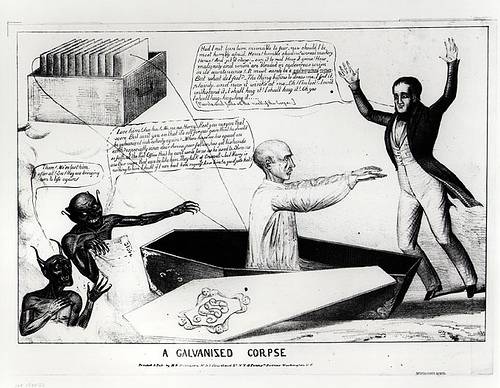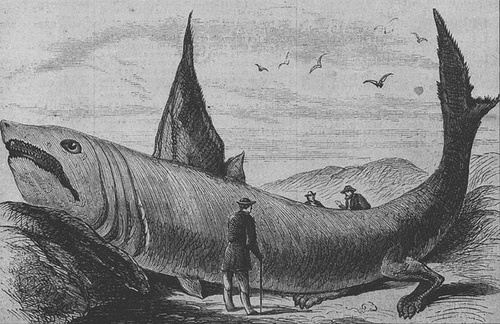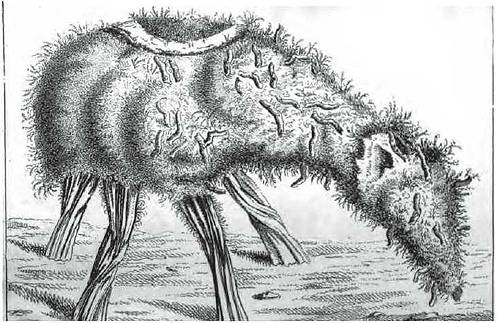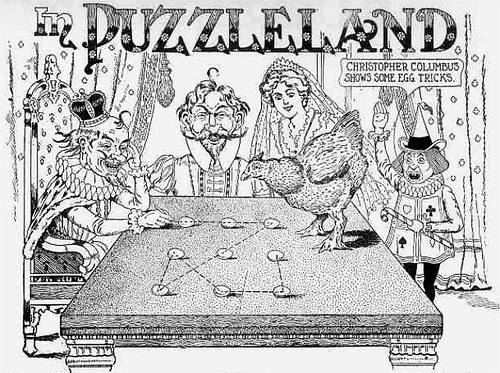
Frankenstein nearly came true in 1803, when Italian physicist Giovanni Aldini ran electric current through the newly dead body of murderer George Forster.
The prison record states that “on the first application of the process to the face, the jaws of the deceased criminal began to quiver, and the adjoining muscles were horribly contorted, and one eye was actually opened. In the subsequent part of the process the right hand was raised and clenched, and the legs and thighs were set in motion.”
One witness reportedly died of fright, but there was really no cause for alarm. If Forster had returned to life, the prison planned to re-execute him — after all, he’d been sentenced to “hang until he be dead.”




